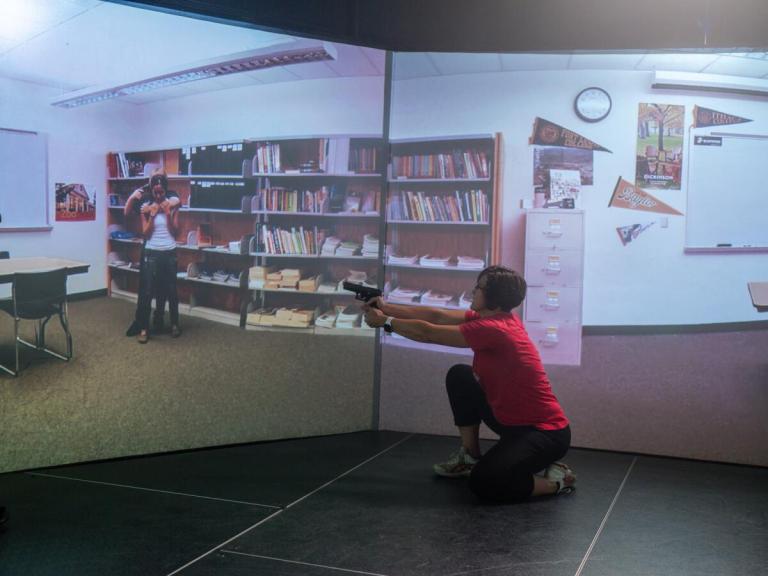
How To Love Someone With HS
As someone suffering with HS, all you need at the end of the day is the unwavering support of a loved one.
I first stumbled across the fact that I had HS in October of 2011, when I was in the midst of a grueling breakup with my ex-fiancé. I had just moved out on my own and it was my first week in my brand new apartment. Although he and I knew it was the end of our 7-year relationship, he was at my place that day, trying to work things out.
I woke up in excruciating pain and my underarm was bleeding profusely. I had sensed the onset of pain for nearly a week but disregarded it. I thought the bump I’d developed was just an ingrown hair from shaving—no biggie. But this was different. My ex helped me through it, haphazardly cleaning the area with a paper towel since we didn’t know what was going on. Eventually, that flare-up subsided and life went on.
Shortly after we parted ways, my life changed for the better—romantically, at least. Unfortunately, the nodules under my arm kept coming back. I would lie alone in my apartment, sobbing in pain, confused as to what was happening and completely unaware as to how to fix it.
Eventually, I went to my doctor to receive the diagnosis: Hidradenitis Suppurativa.
I had never heard of it. Subsequent research taught me that it was a chronic, painful skin disease related to plugged hair follicles. Chronic?! I couldn’t grasp the fact that this was something I would be dealing with on a long-term basis.
As a last resort, I pursued the path of surgery and had parts of my underarm cut out. But the nodules kept coming back on a monthly basis. It’s been 5 years now and I still walk around with my arms taped up to pre-emptively combat the flare-ups. I can’t wear a bathing suit and lie out on the beach. I’ve missed work at times because the pain was just too overwhelming. I’ve been prescribed antibiotics for weeks on end. Over time, however, I built up an immunity to the medication, and the pain would just become worse and worse. I’ve been to many clinics to get my wounds packed and cleaned, where I lie on the bed, tears streaming down my face, just wishing I had a hand to hold through the excruciating agony.
Since HS is such a foreign condition to most people, it’s tough to explain how debilitating it is to others. Oftentimes, my family members would say, “It must by caused by poor hygiene,” or “It must be something you ate.”
The frustration I felt due to blame from my family and a complete lack of understanding from most people led me to spiral into bouts of depression and anxiety. I felt so isolated because of my condition. There were days I wouldn’t want to leave my home, see friends, or get out of bed. My family and friends didn’t even seem to grasp the seriousness of what I was feeling. I began to plead with them to research HS so they could comprehend what the condition entailed.
There is no known cure for HS, but simply being there for a friend, a loved one, or a family member means the world to them. Emotional support and expressing concern speak volumes! I sometimes think people avoid the topic because they are not comfortable with the condition.
So this is my advice: Do the research and find out more. Knowledge is power. If you’re in a relationship with someone who has HS, understand that there will be times when they won’t want to be intimate because of the feelings of embarrassment associated with HS—odor, pain, and general discomfort. These are feelings that might make them shut down.
As someone suffering with HS, all you need at the end of the day is the unwavering support of a loved one. You need someone who understands wound care and will never make you feel ashamed for the condition that plagues you. You also need encouragement to visit a dermatologist or a specialized doctor regularly. If surgery is a viable option, talk it through with them and make sure they are making the best decision. They need someone that will be there for them and hold them when they are screaming out in pain. Science shows that wounds heal faster when oxytocin is released in the blood. So bond with your loved one, friend, or family member. Embrace them and support them through what will be inevitably a painful journey down the road living with HS. ![]()











